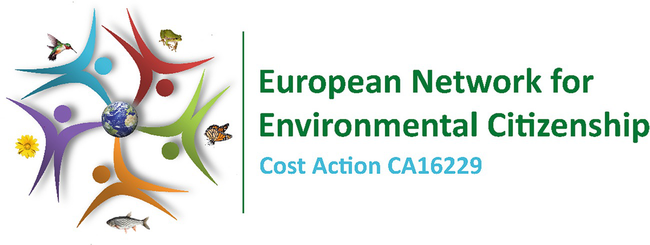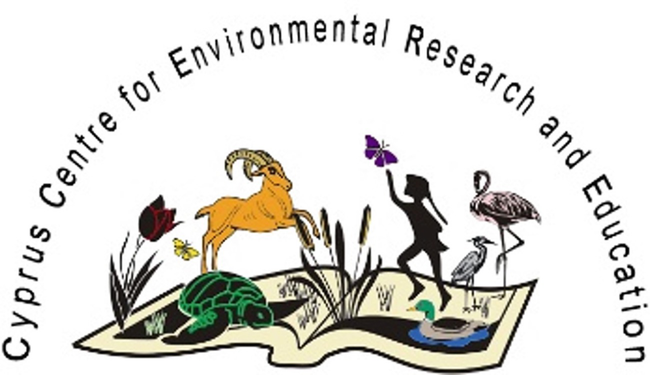This series wrestles with the tensions situated between environmental and science education and addresses the scholarly efforts to bring confluence to these two projects with the help of ecojustice philosophy. As ecojustice is one of the fastest emerging trends for evaluating science education policy, the topics addressed in this series can help guide pedagogical trends such as critical media literacy, citizen science, and activism. The series emphasizes ideological analysis, curriculum studies and research in science educational policy, where there is a need for recognizing the tensions between cultural and natural systems, the way language is endorsed within communities and associated influence, and morals and ethics embedded in school science. Conversations and new perspectives on residual issues within science education are likely to be addressed in nuanced ways when considering the significance of ecojustice, defensible environmentalism, free-choice. Book proposals for this series may be submitted to the Publishing Editor: Claudia Acuna E-mail: Claudia.Acuna@springer.com
EDITORIAL BOARD
Caren Cooper, North Carolina State University, USA
Mariona Espinet, University of Barcelona, Spain
David Greenwood, Lakehead University, Canada
Elizabeth McKinley, University of Melbourne, Australia
Clayton Todd Pierce, Western Washington University, USA
Maria Rivera Maulucci, Barnard College, USA
Giuliano Reis, University of Ottawa, Canada
Arthur Stewart, Oak Ridge Associated Universities, USA
More information about this series at http://www.springer.com/series/11800
Conceptualizing Environmental Citizenship for 21st Century Education


Open Access This book is licensed under the terms of the Creative Commons Attribution 4.0 International License (http://creativecommons.org/licenses/by/4.0/), which permits use, sharing, adaptation, distribution and reproduction in any medium or format, as long as you give appropriate credit to the original author(s) and the source, provide a link to the Creative Commons license and indicate if changes were made.
The images or other third party material in this book are included in the book's Creative Commons license, unless indicated otherwise in a credit line to the material. If material is not included in the book's Creative Commons license and your intended use is not permitted by statutory regulation or exceeds the permitted use, you will need to obtain permission directly from the copyright holder.
This Springer imprint is published by the registered company Springer Nature Switzerland AG.
The registered company address is: Gewerbestrasse 11, 6330 Cham, Switzerland
This book is based on work from Cost Action ENEC (European Network for Environmental Citizenship) (CA16229) supported by COST (European Cooperation in Science and Technology).
COST is a pan-European intergovernmental framework. Its mission is to enable breakthrough scientific and technological developments, leading to new concepts and products, and thereby contribute to strengthening Europe’s research and innovation capacities.



- CE
Citizenship Education
- CoP
Community of Practice
- DSP
Dominant Social Paradigm
- EA
Environmental Attitudes
- EB
Environmental Behaviour
- EC
Environmental Citizenship
- ECn
Environmental Citizen
- EE
Environmental Education
- EEC
Education for Environmental Citizenship
- EfS
Education for Sustainability
- ESD
Education for Sustainable Development
- FCN
Frequency of Contact with Nature
- NC
National Curriculum
- NEP
New Environmental Paradigm Scale
- PSAs
Public Service Announcements
- SE
Science Education
- SSIBL
Socio-scientific Inquiry-Based Learning
- STEM
Science, Technology, Engineering and Mathematics
- TPB
Theory of Planned Behaviour
- TPD
Teacher Professional Development
- VBN
Values Beliefs Norms